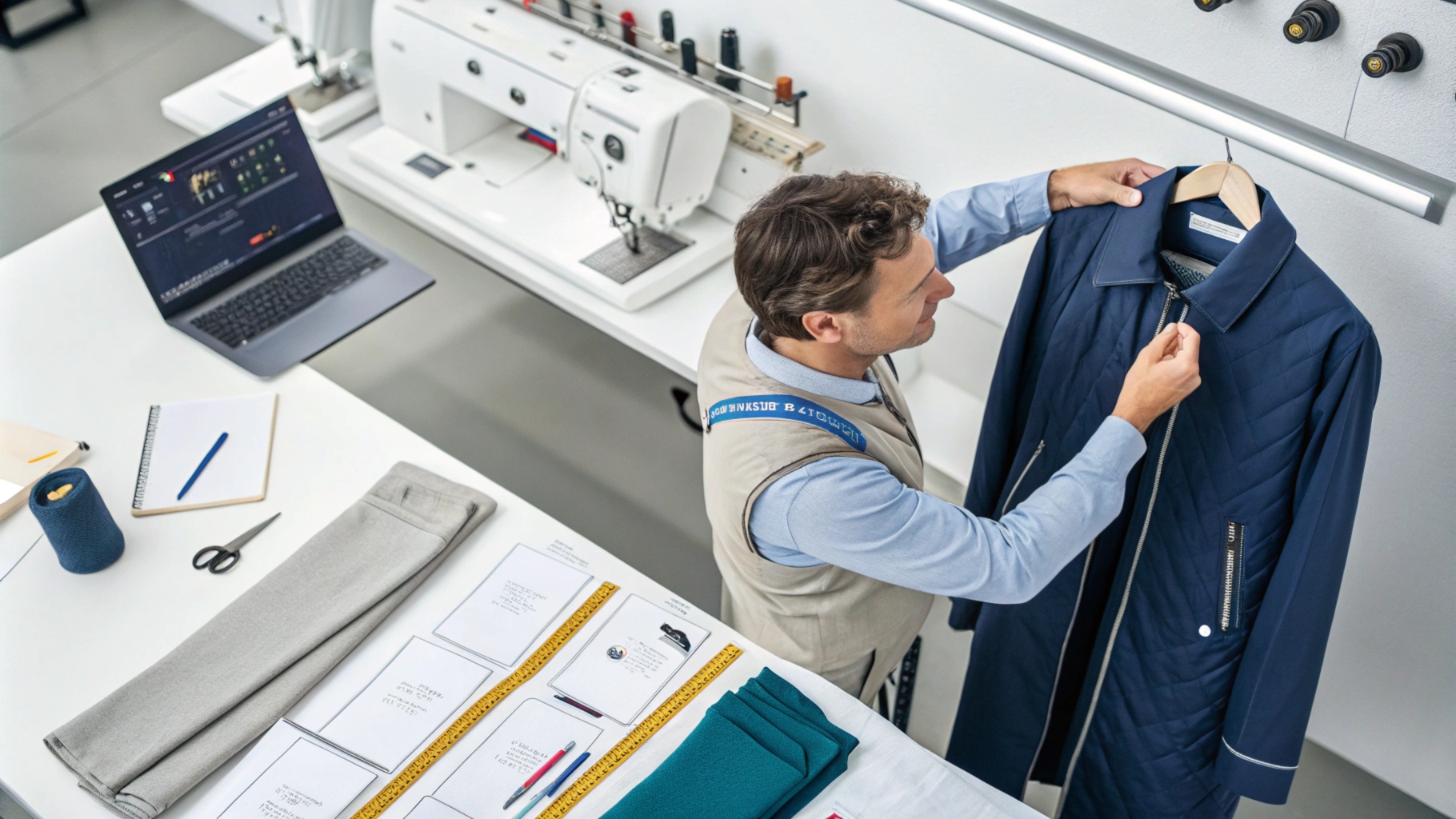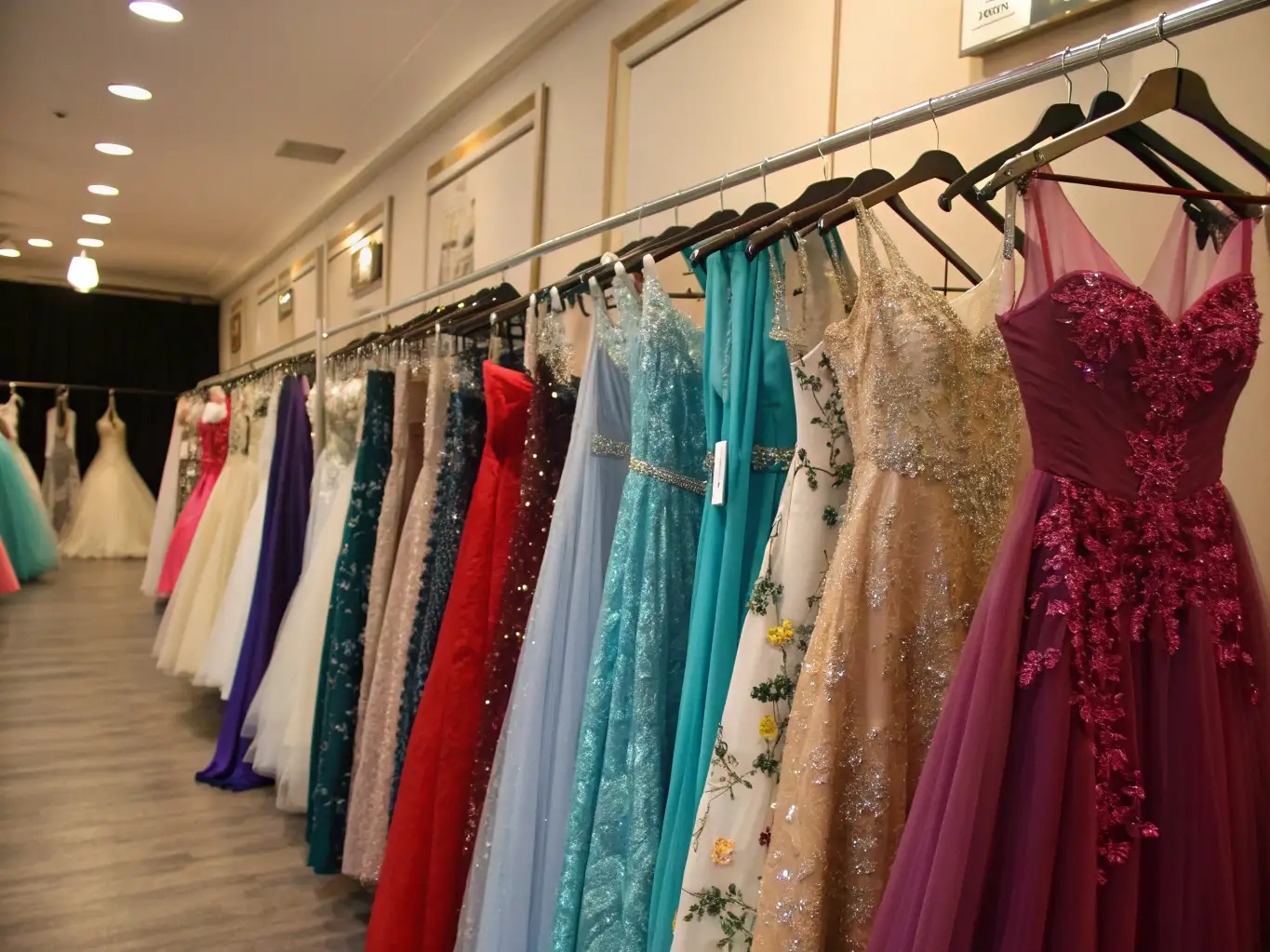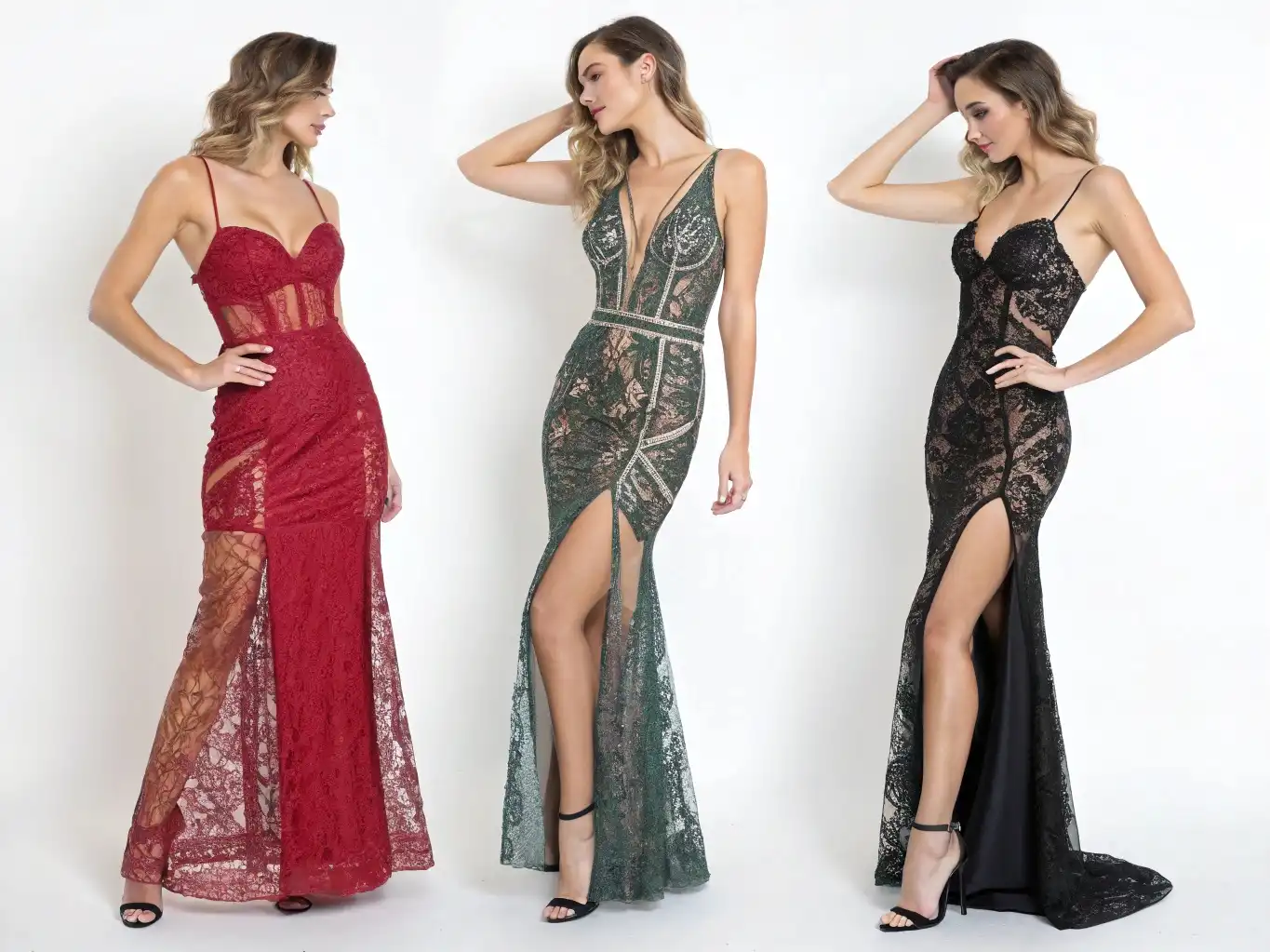Starting a clothing brand can be challenging. You might feel overwhelmed by the complexities of production and branding. But there’s a way to simplify the process and bring your designs to market more efficiently.
In clothing manufacturing, private label refers to products produced by one company but branded and sold under another company’s label1. It allows businesses to offer unique products without investing in manufacturing facilities.
I discovered that working with private label manufacturers can significantly streamline the path to launching a fashion line.
What is private label manufacturing?
Understanding private label manufacturing can open new opportunities for your brand.
Private label manufacturing is when a manufacturer produces goods that are branded and sold by another company2. The retailer controls the product’s branding, packaging, and marketing, while the manufacturer handles production.
Advantages of Private Label Manufacturing
- Customization: Tailor products to meet your brand’s specifications.
- Cost-Effective: Reduce overhead by outsourcing production.
- Speed to Market: Faster product development and launch times.
By leveraging private label manufacturing, you can focus on building your brand and customer base.
Is H&M a private label?
You might wonder how big retailers operate regarding private labels.
Yes, H&M operates as a private label. They design and sell clothing under their own brand but often outsource production to third-party manufacturers3.
How H&M Utilizes Private Labeling
- Design Ownership: H&M creates its own designs and collections.
- Outsourced Production: Manufacturing is often contracted out to factories worldwide.
- Brand Consistency: Maintains control over branding and quality standards.
This model allows H&M to offer a wide range of products while managing costs.
Is Zara a private label?
Understanding Zara’s business model can provide insights into private labeling.
Zara is considered a private label retailer. They design, produce, and sell clothing under their own brand, controlling most aspects of the supply chain4.
Zara’s Approach to Private Labeling
- Vertical Integration: Zara owns or closely controls much of its production.
- Fast Fashion Model: Quick turnaround from design to retail.
- Brand Control: Manages design, production, and retail, ensuring consistency.
Zara’s model demonstrates how private labeling can be scaled for efficiency.
What is the cost of private label?
Cost considerations are crucial when exploring private label options.
The cost of private labeling varies widely but typically includes expenses for manufacturing, branding, packaging, and minimum order quantities5. Prices can range from $5 to $50 per unit, depending on the product and complexity.
Factors Influencing Private Label Costs
- Product Complexity: More intricate designs cost more to produce.
- Order Quantity: Larger orders may reduce the cost per unit.
- Manufacturer Location: Production costs differ by region.
- Customization Level: Unique packaging and branding add to costs.
Careful budgeting and supplier negotiation can help manage these expenses.
Conclusion
Private label in clothing manufacturing offers a flexible and cost-effective way to launch or expand a fashion brand. By understanding how it works, you can leverage private labeling to bring your unique designs to market efficiently.
-
Private label manufacturing allows businesses to create unique products without owning production facilities. ↩
-
The process involves outsourcing production while maintaining control over branding and marketing. ↩
-
H&M’s private label approach highlights the efficiency of outsourcing production for large-scale retail. ↩
-
Zara’s vertical integration ensures faster production cycles and consistent branding. ↩
-
Costs for private label depend on design complexity, order quantity, and manufacturing location. ↩






